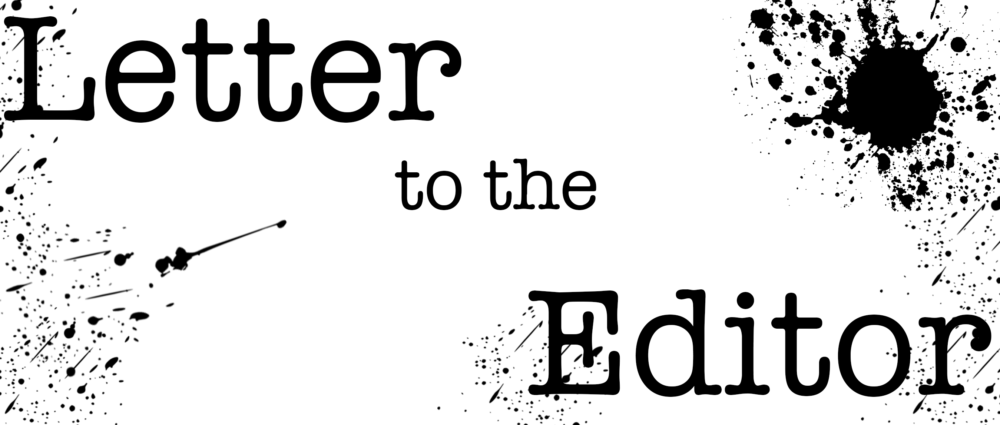Editor’s note: Opinion articles not written expressly by the entire editorial board do not necessarily reflect the opinions of the entire Mast Media staff.
MICHELE ANDERSON & MOLLY MUNSTERMAN; Juniors
After reading the article titled “Chelsea Manning sets precedent for prison mental health care” published Sept. 30, we became concerned about the overall message this article conveys about transgender individuals and health care. It’s great that students have the opportunity to act as independent journalists, but it is disappointing to see a misleading article in a student publication that is transphobic and offensive.
By misrepresenting the sequence of events surrounding the approval of Chelsea Manning’s surgery, the writer glosses over the work of other trans and mental health care advocates, as well as the continued obstacles military members and people in prison face in gaining access to adequate health care.
This was the culmination of a much larger, ongoing struggle for care, not simply the result of a short hunger strike as the writer portrays it in this article. Lauding this as a positive precedent for prison mental health care ignores the ongoing policy of punishing prisoners who attempt suicide with solitary confinement, which motivated Manning’s hunger strike.
A lack of understanding of what constitutes transphobia is especially apparent in the offensive comments in the last section. The writer claims, “her uncertainty about her gender identity contributed to the emotional instability that resulted in the leak of confidential military information.”
This is not only a false assumption but an offensive mischaracterization that contributes to the silencing of Manning, who has repeatedly stated her actual motivations in countless interviews. Manning stated that “she leaked the files to unveil the human cost of war” in an interview with Cosmopolitan in November of 2015.
By attributing the document leak to gender dysphoria instead of her true intentions, the writer of this article denies Manning’s agency and implies trans individuals are mentally unstable and incapable of maintaining control of their actions. This statement is inherently transphobic, as no one would suggest Edward Snowden’s identity as a cisgender male caused him to leak classified information.
Also, it should be noted that, while a diagnoses of gender dysphoria enables Manning and other trans individuals to access specific health care resources, the classification of gender dysphoria as a mental disorder in the DSM is a point of contention in the trans community.
The writer goes on to insist that “after her sentence ends, she will need to be mentally stable in order to reintegrate into society.” Again, this offensively implies all trans people are mentally unstable, and readers should only be concerned about the mental health of people in prison because of their eventual release, rather than their humanity.
Although this was written by the Opinion Editor, it reflects poorly on the entire editorial staff of The Mast that an article misrepresenting the events it covers, silencing the subject of the article and reproducing harmful transphobic attitudes received approval for publication.
Student writers should consult campus and online resources to inform and frame their opinions before presenting themselves as authorities on the matter. This is especially necessary when particular privileges shape their understanding and portrayal of an issue which impacts the lives of marginalized individuals.

























